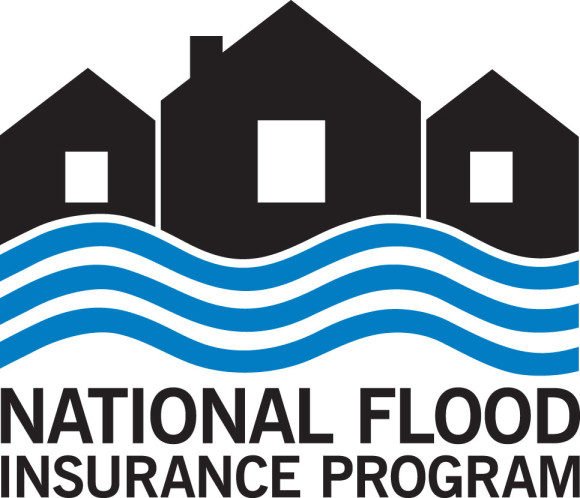Flood 2.0
Major changes went into effect October 2021 on new flood policies and then in April 2022, the changes took effect for renewals.
If you have questions about changes to your policy, your first phone call should be to your insurance agent. They are licensed and qualified to discuss your options, but we are knowledgeable and can give you an overview of the changes and explain how they might affect you!
The National Flood Insurance Program (NFIP) did a complete overhaul on their rating methodology for computing flood insurance costs. From 1974 to 2021, an elevation certificate was required to obtain flood insurance and flood rates were set for each flood zone. Mortgage lenders may still refer to them, but the flood zone is no longer the biggest factor, because that's no longer how risk is measured.
Now, there are MANY more factors taken into account, which could make your policy more expensive:
the distance to flood source
the type of flooding an area has experienced
building type and occupancy
type of construction and foundation
number of floors and first floor height
prior claims
total replacement costs
flood vents
equipment location like AC units
Elevation Certificates are no longer required, but they still carry great value. They still provide information that could improve your rate, and since you're entitled to the lowest rate, it can't hurt you. If you don't have an elevation certificate, it would still be wise to provide your agent with the height of your first floor and the number of crawl space vents you have.
If you'd like to get an elevation certificate, we can recommend surveyors to call. Just be prepared that they are expensive ($600+ depending on type/location of property) and can take a while (12 weeks turnaround). If you have an elevation certificate, hang on to it! It's a valuable tool for resale, and we would be happy to save a copy on file for when you eventually sell your home.
Regardless of whether or not your property location is deemed at risk, we recommend that you carry flood insurance. We're always here to chat through your options and help advise!


